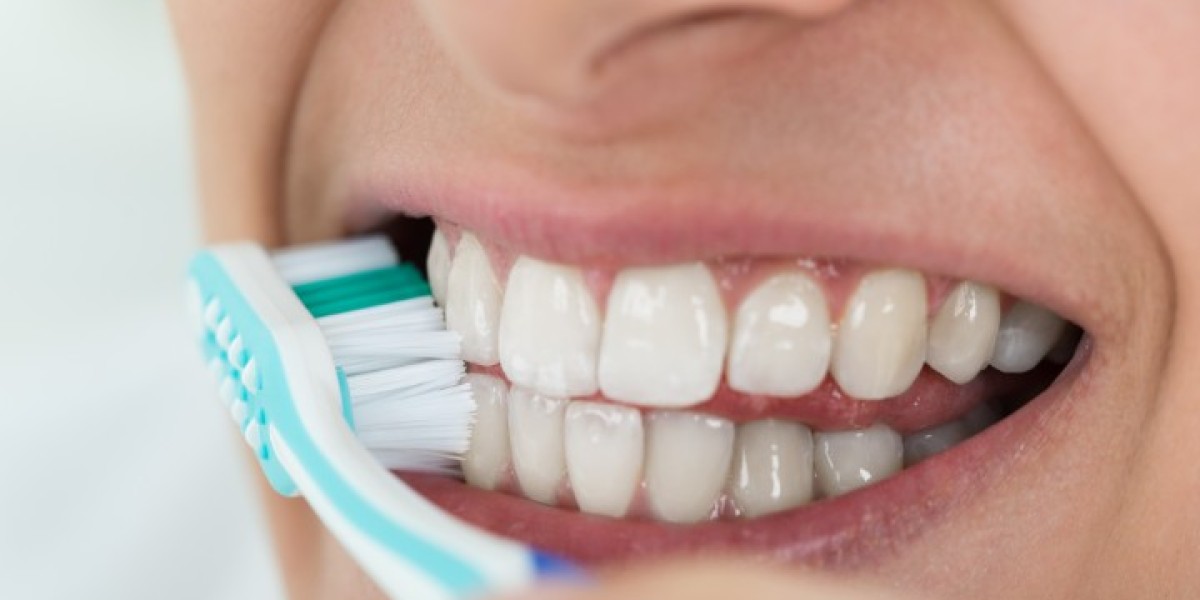When it comes to keeping your teeth strong and healthy, brushing and flossing are only part of the story. Nutrition plays a vital role in oral health, and two nutrients stand out for their contribution to strong teeth and bones: calcium and vitamin D. These essential nutrients work together to maintain oral strength, prevent decay, and support the jawbone that holds your teeth in place.
In this article, we will explore why calcium and vitamin D are crucial for dental health, how they work, and practical ways to ensure you’re getting enough of them.
Why Calcium Matters for Your Teeth
Calcium is one of the most essential minerals in the human body, and about 99% of it is stored in bones and teeth. Teeth are primarily made of enamel, dentine, and pulp, and calcium is key to building and maintaining these structures.
- Strengthens enamel: Enamel is the hard outer surface of teeth that protects against cavities. Adequate calcium intake helps keep enamel strong and resistant to erosion.
- Supports bone structure: Calcium is also essential for the jawbone, which anchors teeth. A lack of calcium can weaken the jaw and lead to loose teeth or tooth loss.
- Prevents demineralisation: The mouth is constantly exposed to acid from food, drinks, and bacteria. Calcium helps to remineralise enamel, protecting teeth from acid damage.
The Essential Role of Vitamin D
While calcium is the building block, vitamin D acts as the helper that allows the body to absorb and use calcium effectively. Without vitamin D, your body cannot absorb enough calcium from food, no matter how much you consume.
- Improves calcium absorption: Vitamin D ensures that calcium from your diet is absorbed into the bloodstream and delivered to bones and teeth.
- Promotes bone density: Adequate vitamin D supports stronger bone density, reducing the risk of fractures and jawbone deterioration.
- Boosts immune function: Vitamin D plays a role in the immune system, helping the body fight oral infections such as gum disease.
What Happens if You Lack Calcium and Vitamin D?
Deficiencies in these nutrients can have serious consequences for your oral health:
- Tooth decay: Without enough calcium, enamel becomes weaker and more prone to cavities.
- Gum disease: Research suggests that low vitamin D levels are linked to increased risk of periodontal disease.
- Tooth loss: A weakened jawbone due to poor calcium intake may eventually cause teeth to loosen and fall out.
- Developmental issues: In children, insufficient calcium and vitamin D can affect the proper development of teeth and bones.
Best Sources of Calcium
To maintain good dental health, it is vital to include calcium-rich foods in your diet. Some of the best sources include:
- Dairy products such as milk, yoghurt, and cheese
- Leafy greens like kale, spinach, and broccoli
- Almonds and sesame seeds
- Fortified plant-based milks such as soy or almond milk
- Canned fish with soft bones, like sardines and salmon
Best Sources of Vitamin D
Vitamin D is not as easy to get from food alone, but there are several ways to maintain healthy levels:
- Sunlight: The body naturally produces vitamin D when the skin is exposed to sunlight. Just 10–30 minutes of sunlight a few times a week can help, depending on your skin type and location.
- Foods: Fatty fish like salmon, tuna, and mackerel, as well as egg yolks and fortified foods, provide vitamin D.
- Supplements: In some cases, supplements may be necessary, especially for those with limited sun exposure.
How Calcium and Vitamin D Work Together
Think of calcium as the building material for your teeth and bones, and vitamin D as the key that unlocks the door to use that material. Without vitamin D, calcium cannot do its job effectively. Ensuring that you get enough of both nutrients is essential for maintaining long-term dental health.
Final Thought
Strong teeth and healthy gums rely not only on daily care but also on proper nutrition. Calcium and vitamin D are two key nutrients that work hand in hand to protect enamel, strengthen bones, and reduce the risk of tooth decay and gum disease. By maintaining a balanced diet, spending time outdoors, and seeking professional advice when needed, you can support both your oral and overall health. For those looking for tailored dental care guidance, consulting a schofields dentist can help ensure your teeth remain strong for years to come.






